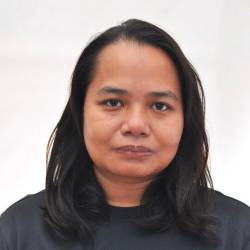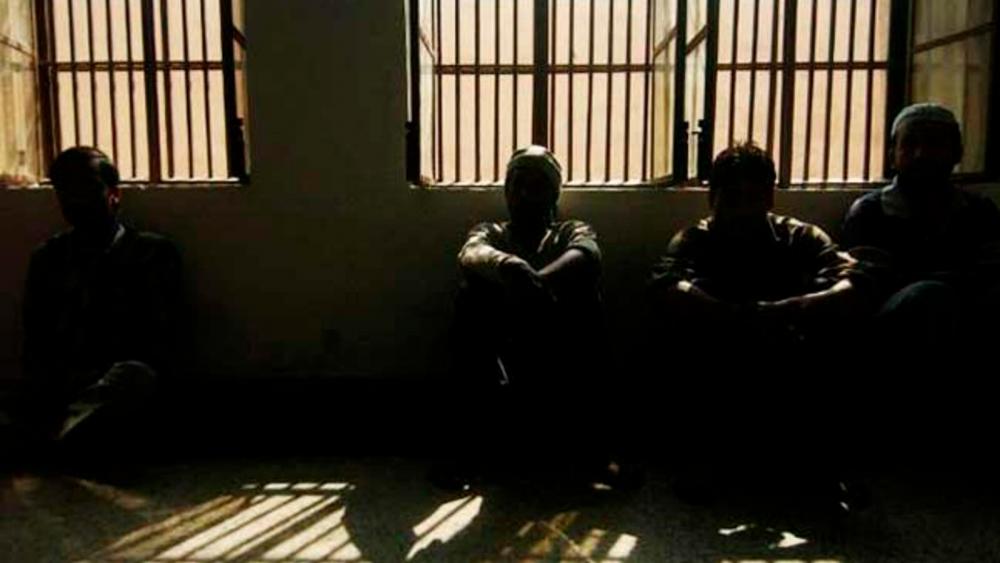PETALING JAYA: Organised crime syndicates in human trafficking are flourishing in Asean, particularly Malaysia, according to a report by the United Nation’s Office on Drugs and Crime.
The 179-page said the act of trafficking to Malaysia for forced labour and sexual exploitation is due to the country’s geographical location and comparatively higher wages, making it a popular destination for human smugglers and traffickers.
“In addition to the flow of Rohingya from Myanmmar and Bangladesh, Malaysia is also a major destination for irregular migrants from other Southeast Asian countries, the large majority of which are among the roughly two million documented migrant workers, and even larger number of undocumented migrant workers.
“Their irregular status and the presence of organised criminal groups along these migration routes increases their vulnerability to trafficking. In 2017, Malaysian police recorded 410 cases related to human trafficking and arrested 648 persons from 21 countries, about the same as in the previous year (645 arrested from 17 countries),“ it said.
It added that about three-fourth of those arrested in 2017 were from Malaysia, while most of the remainder were from Thailand, Indonesia, Myanmar, India, Bangladesh, the Philippines, Vietnam and China.
“Sixty-eight offenders were convicted in 2017. In 2018, compared to five preceding years, the number of victims detected in Malaysia significantly decreased to 58.
“This may be a result of stronger law enforcement efforts to combat the trade, which may have had the effect of deterring traffickers, or driving the trade underground,“ it added.
The report said there was a “strong need for more effective recruitment and migration management systems for labour migration throughout Southeast Asia.
“Until these systems and frameworks are strengthened, migrant workers will remain vulnerable to exploitation and trafficking at various stages of the migration process and across different sectors of work.
“In this regard, it is increasingly being recognised that the private sector also has a critical role to play. To improve the protection of migrant workers, businesses must work to change exploitative business practices. At the same time, governments need to provide more meaningful oversight, regulation and effective action, which includes establishing meaningful partnerships with trade unions and civil society organisations.”
It said there was a strong need for coordinated law enforcement and criminal justice action against trafficking that targeted the prosecution and conviction of criminals who exploit desperate people.
“Governments in the region should strengthen the capacity of border authorities,to detect trafficking and assist victims. It is also imperative that anti-trafficking responses are embedded into wider migration and development frameworks that promote safe migration as well as the protection and assistance of human trafficking victims and survivors, especially for the trafficked children, by providing specialised and comprehensive services.
“All relevant stake holders from across government (e.g. police, immigration, labour inspectorate, social development, health, and education departments), civil society and the private sector need to be involved in preventing and responding to trafficking.”
Prevention measures should be strengthened through raising awareness, including targeting groups of vulnerable populations that are at risk of becoming victims of trafficking. These should also include measures addressing the root causes and risk factors that increase the vulnerability of women, men, girls and boys.
Governments should also review and amend anti-trafficking laws, policies, and frameworks that perpetuate systemic discrimination against certain groups and minorities and increase the risk of trafficking.
“Lastly, governments in the region must take further initiatives to fully implement the Asean Convention against Trafficking in Persons, Especially Women and Children, as well as the Protocol to Prevent, Suppress and Punish Trafficking in Persons, especially women and children, which is a supplement to the United Nations Convention against Transnational Organised Crime,“ it added.














